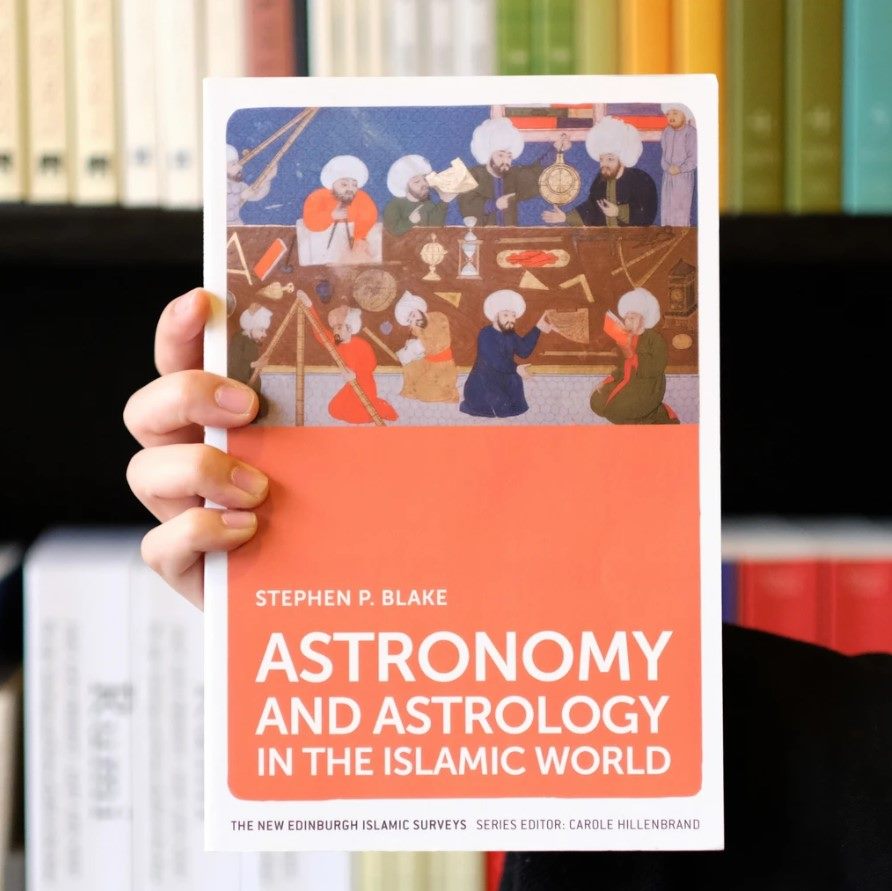Astronomy and Astrology in the Islamic World

“Astronomy and Astrology in the Islamic World” by the New Edinburgh Islamic Survey presents a captivating exploration of the profound contributions made by astronomers and mathematicians in the Islamic world to the development of celestial sciences. This comprehensive overview highlights the pivotal role played by Muslim scholars in shaping the evolution of astronomical thought from antiquity to the Renaissance.
The book underscores how the scholars of the Islamic Golden Age laid the foundation for significant advancements in astronomy and astrology. Building upon the works of earlier civilizations, such as the Greeks and Babylonians, Muslim astronomers developed innovative theories and concepts that revolutionized the field. They refined and expanded upon the geocentric models of Claudius Ptolemy, ultimately paving the way for the heliocentric breakthroughs of figures like Nicholas Copernicus and Johannes Kepler centuries later.
Moreover, the book emphasizes the broader intellectual contributions of the Islamic world to mathematics and science. It highlights how algebra, the Arabic numeral system, and trigonometry, among other mathematical innovations, originated in the Muslim East. These mathematical advancements provided the essential tools for astronomers to develop increasingly accurate and sophisticated models of celestial motion.
Importantly, “Astronomy and Astrology in the Islamic World” offers a nontechnical overview accessible to general readers, allowing them to grasp the significance of Muslim scientists’ contributions to astronomy and astrology. By shedding light on the pivotal role played by Muslim scholars, the book challenges conventional narratives that often overlook or minimize the contributions of non-Western civilizations to the development of science and knowledge.
Overall, this book serves as a valuable resource for anyone interested in the history of astronomy and astrology, as well as the intellectual achievements of the Islamic world. By highlighting the rich legacy of Muslim scientists and their enduring impact on the study of the heavens, it fosters a deeper appreciation for the diversity and interconnectedness of human knowledge across cultures and civilizations.
Discover more from Islam Hashtag
Subscribe to get the latest posts sent to your email.




